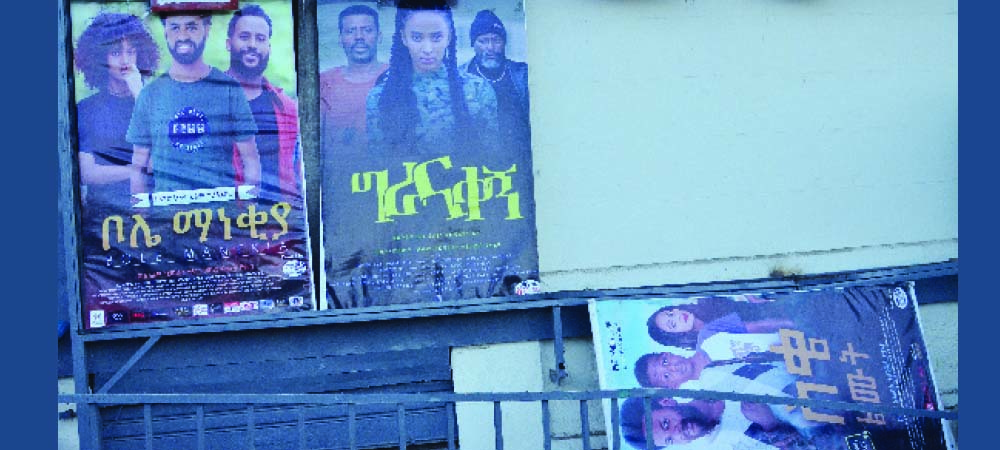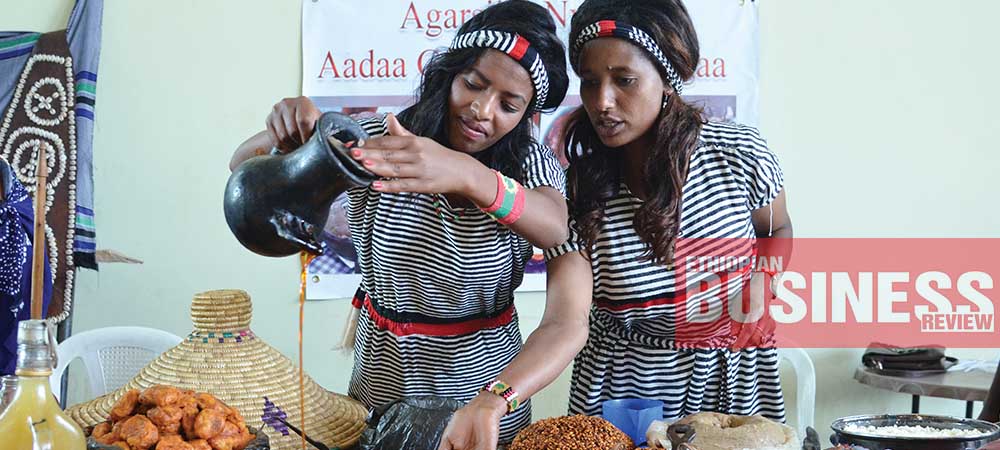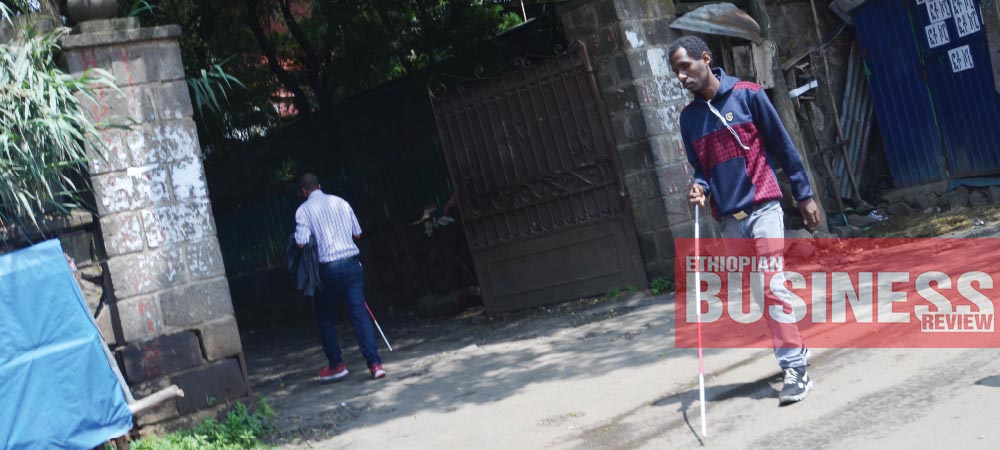It is long known that the local Amharic language film industry is struggling. Long gone are the heydays of the sector, now dominated by cinema hall corruption, increasing costs, lack of creativity, imitation of foreign films and a lackadaisical audience. Though there are high quality films released, audiences seem to have been numbed by the sheer number of inferior movies. To bring the sector out of its slumber, industry insiders recommend tapping into Ethiopia’s rich pool of cultural and historical assets, implementing knowledge-based film making, recognizing the broad-based positive impact of cinema, and garnering due attention from government bodies. EBR’s Kiya Ali takes a look.
Being home to many internationally-acclaimed historical sites, Ethiopia has an immense local tourism potential. But the country has never capitalized on the opportunity. Adding to the minimal travelling habit amongst Ethiopians, the sector is still at its infancy. Tour companies also give more attention to international tourists, largely because it garners foreign currency. Investors are not interested in joining the local tourism sector as there is a sentiment that it is a low rate-of-return investment. Meanwhile, the Ministry of Culture and Tourism is attempting to create awareness amongst the public, but little has been achieved thus far. EBR’s Kiya Ali explores.
In the past, very few traditional/ cultural restaurants operated in Addis and most of them were criticized for lacking diversity and failing to portray the culture and foods of all Ethiopians. Lately however, traditional restaurants specialized on the foods of a certain ethnic group are rising. Among them are Sidama, Wolayita and Oromo (Wollega) traditional food restaurants. EBR’s Kiya Ali explores.
Is it applicable in Ethiopia
Recently, officials of the National Bank of Ethiopia (NBE) pledged to implement a market-driven exchange rate regime over the next three years. Governor of the NBE, Yinager Dessie, said that his government will opt for a more flexible foreign exchange market to stabilize the level of its currency, deemed overvalued by the IMF. While this is a decision welcomed by the Bretton Woods institutions, it also stirred up controversies over its relevance in solving the forex crisis which has existed for over two decades. Experts fear that it would worsen inflationary pressures and result in an economic crisis shortly thereafter. EBR’s Kiya Ali explores.
Neither homeless people nor street children are not new to Addis Ababa. They have existed for decades along with the growing urbanization in the country. Now it is believed that there are more than 150,000 street children and homeless people in Ethiopia and more than half of them live on the streets of the capital. The problem is far from over, even after the rehabilitation programs implemented by the city administration, federal government, and NGOs. EBR’s Kiya Ali writes.
Ethiopia is one of the few African countries to achieve a strong and broad economic growth in the past decade. But keeping up with this momentum has not been easy. The construction industry, one of the main engines to the economy, has come to a standstill. As many have become unemployed as a result of the slowdown, construction firms are experiencing loss and some are shifting to other sectors seeking better returns. EBR’s Kiya Ali reports.
Wildlife loss accelerating in Ethiopia
Globally, the decline of biodiversity is now recognized as one of today’s most serious environmental problems. The extinction of species is increasing, meaning they have disappeared forever. It is no different in Ethiopia. Wildlife biodiversity has shown a dramatic decline in recent years both in terms of type and size. The problem has been accelerating due to the expansion of agriculture, grazing land encroachment, illegal hunting, fishing, and natural catastrophes. The rapidly growing infrastructural expansion such as roads, government projects, and trans-boundary trade are also contributing to the loss of wildlife. EBR’s Kiya Ali explores the issue in depth.
Time of happiness with big stress
Wedding planning and related expenses bring a serious financial strains to a new relationship. Although it is supposed to be the happiest time in a couple’s life, it is not an easy task to pursue. When couples imagine their dream wedding, the price tag is usually not part of that fantasy. In fact, with the rising cost of living, many have stopped organizing big weddings. But this does not mean for even a small one they won’t incur much. Anecdotal evidences suggest that an average wedding costs between ETB100, 000 to as much as millions of Birr in urban areas like Addis Ababa. EBR’s Kiya Ali explores the issue.
Infrastructure Developments Fail to Accommodate the Needs of Disabled Persons
Despite accounting for 17.6Pct of the population, people with disabilities are often note very well taken into consideration in many development projects in Ethiopia. Most Infrastructure is developed without taking into consideration their mobility and other physical challenges. For the deaf or visually impaired, most of the streets are not friendly. While sidewalks end abruptly and ramps which are the only means of getting in and out of premises, are so steep that wheelchairs sometimes overturn. In addition, apartment houses are constructed without accommodating the special needs of people with disabilities, as is with malls and buildings of government offices which are built recklessly with no elevators and ramps. EBR’s Kiya Ali explores.
Museums are an important place to learn about the history and culture of any country. But this does not seem to be well-understood in Ethiopia where museums are handled unprofessionally and are exposed to damages. While most museums don’t have enough facilities and are not well-preserved, they are also not visited by many tourists because of their poor records. EBR’s Kiya Ali explores.











